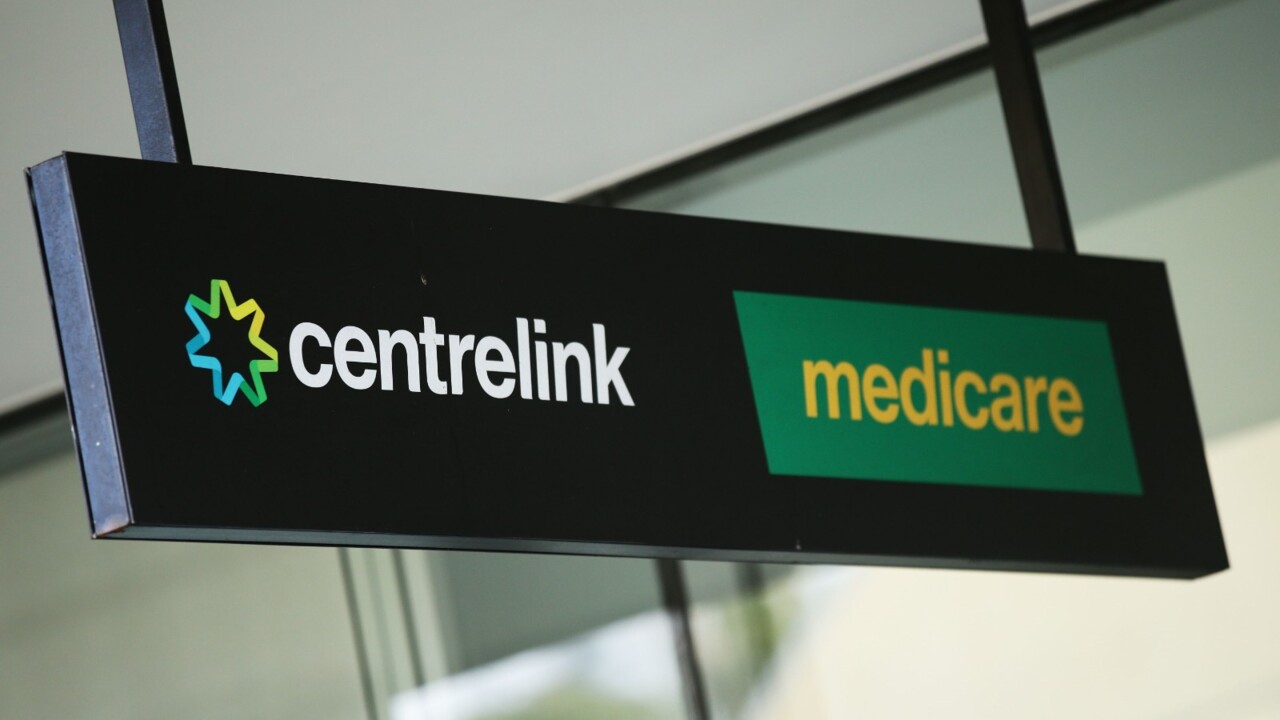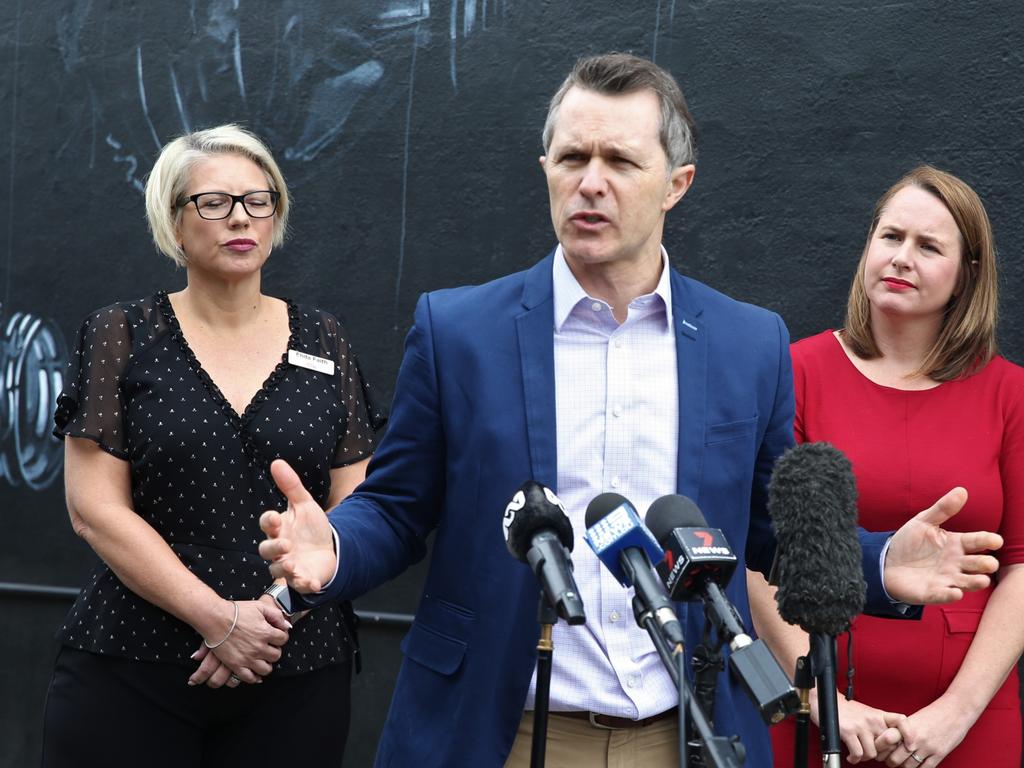Grattan Institutes urges federal government to give states ‘incentive’ to open up more housing supply
The federal government should provide ‘incentive payments’ directly to state governments to add new housing supply, Grattan Institute boss Danielle Wood says.

The federal government should provide “incentive payments” directly to state governments to add new housing supply, Grattan Institute chief executive Danielle Wood says.
Labor faces significant challenges in housing, with neither the Greens nor crossbench willing to support its $10 billion Housing Australia Future Fund and the Coalition raising concern over how the significant increase of migrants over the next two years will exasperate the crisis in the housing and rental markets.
In her pre-budget address to the National Press Club, Ms Wood was critical of the government’s National Housing accord, announced last year, which aims to build one million new homes over five years.
“The cynic would perhaps note is pretty much in line with number of new homes built over the previous five,” Ms Wood said.
“But what the Accord did get right was the centrality of housing supply in improving affordability. The biggest barrier is overzealous planning restrictions that impede medium-density development in our inner and middle-ring suburbs.
“The federal government should offer incentive payments to state governments to add new housing supply. This would be an investment in better long-term social and economic outcomes.”
Ms Wood said the spending wishlist facing the government in its budget preparation was long, but urged Labor to be “bold” in areas of housing, women’s economic participation and welfare.
“The maximum rate of Jobseeker – $347 a week for a single person, or $430 a week with full Rent Assistance and supplements – does not allow people to meet minimum basic needs,” she said.

“The payment is so low that it actually acts as a barrier to work. It’s hard to be ‘job ready’ when you can’t afford transport to the job interview or are preoccupied with how you are going to feed your kids that night.
“In the bolder world, the government could … support an increase in Jobseeker and related payments that would reduce poverty and support work readiness for the close to one million Australians living on them.”
Ms Wood also pointed to the childcare activity test as something that needed to be reconsidered.
“The activity test significantly restricts access to subsidised childcare for families where one parent works less than 15 hours a week and while it was conceived as an incentive to encourage mums to work, it has achieved the opposite,” she said.
“Many parents have been caught in a ‘chicken and egg’ conundrum: they cannot find a job because they haven‘t got suitable care, but they can’t get subsidised care because they don’t have a job.”
Ms Wood said the removal of the activity test would get 40,000 more women with children under five into the workforce and pump $4.4 billion into the economy every year.
Despite this, Ms Wood said she expected the government to be broadly “cautious” in the upcoming budget.
“They will probably adopt some of the lower-cost proposals that would help ease the squeeze on the most vulnerable. Judging from what’s in the public domain, expanding the parenting payment to parents with children under 12 or 13 is the most likely candidate,” she said.
“While the price tag for doing this runs to hundreds of millions over the next few years – hardly small change – the government is steering clear of the most expensive and far-reaching proposal. ”








To join the conversation, please log in. Don't have an account? Register
Join the conversation, you are commenting as Logout